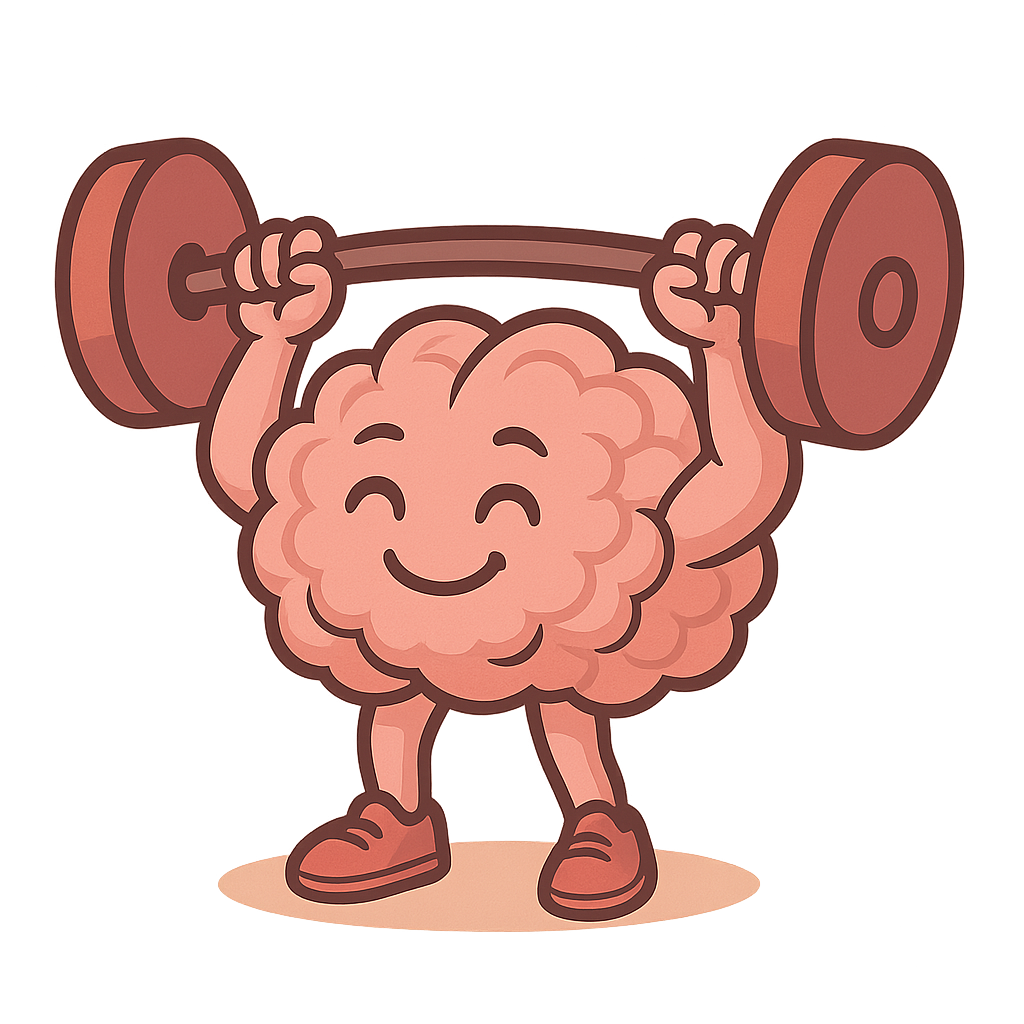If you think sleep is for the weak, think again.

High-performers are facing a silent epidemic: sacrificing sleep for productivity. Yet sleep is a non-negotiable for high performance: it enhances decision-making, creativity, and emotional regulation far more than any productivity hack or performance supplement. Here's how to implement sleep strategically to amplify and boost performance.
The Epidemic of Sleep Sacrifice
High-performers wearing their sleep deprivation as a badge of honor? This is an epidemic hiding in plain sight.
We would never celebrate a surgeon operating with impaired vision or a pilot flying while intoxicated, yet we applaud lawyers, consultants, and finance bros bragging about functioning on three hours of sleep. But normalizing being cognitively impaired for late-night drinks, watching TV shows, or to finish that extra assignment, is a generational crisis.
The Case For Sleep
Good sleep is perhaps the most powerful performance enhancer available to us. Scientists still are uncovering the brain's mysteries, but we already know that good sleep is crucial for ensuring peak physical health:
- Boosts your immune system
- Promotes muscle growth and fat loss
- Optimizes hunger signals to prevent overeating
- Improves your ability to regulate blood sugar levels
- Reduces the risk of heart disease, stroke, and chronic health conditions
In fact, sleep is so powerful a drug that in a 2010 study, when people were put on a calorie restricted diet, a higher amount of sleep (8.5 hours vs. 5.5 hours) increased the proportion of weight lost as fat by 55% and reduced the loss of weight as muscle by 60%. Good sleep builds muscle and burns fat.
Good sleep is transformative for your brain game too — just ask anyone who's pulled an all-nighter:
- Enhances memory and learning
- Increases focus and attention
- Strengthens problem-solving skills
And finally, good sleep is crucial for emotional and mental well-being:
- Reduces depression and anxiety symptoms
- Increases resilience against stress
- Improved positive states of mind
The High-Performer's Sleep Playbook
You're convinced sleep is a nonnegotiable, but how can you make sure you get it in your busy life? Here's a few common pitfalls that you can and will overcome to get to good sleep:
- Always Being On — You can't turn it off and stop worrying about work late into the the night.
- Solution: Create downtime habits around half to 1 hour before sleep. Think meditating, journalling, reading a book, or even a shower and skincare routine with calm music. These habits help you detach from work and life before sleeping.
- Poor Sleep Hygiene — You do work just before sleeping, use your phone on your bed, or drink caffeine far too late in the evening. I get it: I have done all of these things (often on the same day).
- Solution: Create sleep hygiene rules.
- No work an hour before sleeping
- No phones on your bed
- No caffeine after 2 pm
- Keep your bedroom cool, between 60-67°F or 15-19°C
- Solution: Create sleep hygiene rules.
- Avoid workouts within 2-3 hours of sleeping
- White noise or earplugs
- Sleep as a "Waste of Time" — You think sleep is fundamentally wasted time because you have too much to do.
- Solution: Prioritize aggressively and audit your time.
- Focus on 1-3 goals you're working on and the things you're doing to support it. One of these goals should include adequate sleep.
- Aggressively cut time spent on any other activity. This often means cutting out Netflix binging, gaming or phone-scrolling time.
- Solution: Prioritize aggressively and audit your time.
- Dysregulated Circadian Rhythm — Even after trying other solutions, you may not be able to fall asleep even when trying hard.
- Solution: Master your day to master your night.
- Light Exposure — 10-30 minutes of daylight within an hour of waking up to set your internal clock.
- Evening Light Reduction — Dim lights 2-3 hours before bedtime and use blue light filtering glasses or apps after sunset.
- Consistent Bedtime and Wake Time — A consistent sleeping and waking time will reset and regulate your circadian rhythm.
- Solution: Master your day to master your night.
Pin down 1 or 2 changes and add 1 behavior each week. This will create consistent behaviors that will level up your sleep. Track your sleep quality and energy levels to see which interventions have the highest return on your investment.
Sleep isn't time away from success. It's preparation for it. Make sleep your competitive advantage, not your sacrifice.
Signing off,
~Your guide, not guru, Harish.
💌 Support the work, buy me an espresso!
It keeps the lights running, the writing flowing, and the espresso, too.
References
- Kline, C. E., Chasens, E. R., Bizhanova, Z., Sereika, S. M., Buysse, D. J., Imes, C. C., Kariuki, J. K., Mendez, D. D., Cajita, M. I., Rathbun, S. L., & Burke, L. E. (2021). The association between sleep health and weight change during a 12-month behavioral weight loss intervention. International journal of obesity (2005), 45(3), 639–649. https://doi.org/10.1038/s41366-020-00728-8.
- Jaspan, V. N., Greenberg, G. S., Parihar, S., Park, C. M., Somers, V. K., Shapiro, M. D., Lavie, C. J., Virani, S. S., & Slipczuk, L. (2024). The Role of Sleep in Cardiovascular Disease. Current Atherosclerosis Reports, 26(7), 249–262. https://doi.org/10.1007/s11883-024-01207-5.
- Nedeltcheva, A. V., Kilkus, J. M., Imperial, J., Schoeller, D. A., & Penev, P. D. (2010). Insufficient Sleep Undermines Dietary Efforts to Reduce Adiposity. Annals of Internal Medicine, 153(7), 435–441. https://doi.org/10.7326/0003-4819-153-7-201010050-00006.
- Newbury, C. R., Crowley, R., Rastle, K., & Tamminen, J. (2021). Sleep deprivation and memory: Meta-analytic reviews of studies on sleep deprivation before and after learning. Psychological bulletin, 147(11), 1215–1240. https://doi.org/10.1037/bul0000348.
